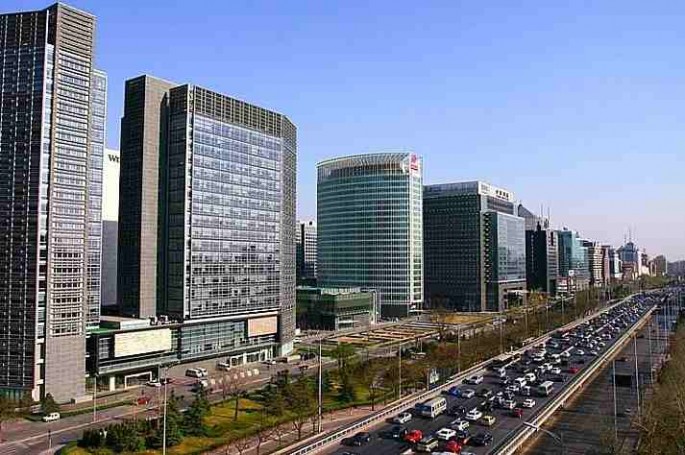Chinese capital Beijing intends to shift industries unrelated to its role to neighboring areas such as the Hebei Province and Tianjin, its legislative body recently revealed.
The municipality also eyes to take intensified measures to restrain and cap its population growth in downtown areas, as its total population stood at around 21.5 million in 2014.
On this part, Beijing will be particularly keen to the southeast Tongzhou District, which currently emerges as a "subsidiary administrative center" and as a construction work-centered region.
The announcement was made on Saturday during the city's Party committee plenary session's conclusion, where Beijing's government officials approved the roadmap aiming for the regional integration of Beijing, Hebei and Tianjin.
For Gio Jinlong, the Party's chief, the increasing population of the city and the scarcity of its natural resources have become a rising concern and source of conflict. He cited rapid city economic growth, incomprehensive understanding of the issues, and absence of measures addressing them are the roots of these concerns.
The regional integration for Guo is "a challenging test, but also a fundamental way out of the current thorny problems."
One of the roadmap's targets is to set and sustain its population at 23 million by 2020. Moreover, downtown populace should also be decreased by 15 percent.
As well, the plan prioritizes to get rid of "unrelated" industries to further Beijing's "capital functions" as the center of politics, culture, trade and technological innovation.
Part of these efforts is the relocation of 1,200 companies involved in pollution-causing industries.
This move is seen beneficial to nearby areas such as Hebei. For instance, its Cangzhou area has already built an industrial zone to welcome stone processing firms that have moved out from the Chinese capital.
Meanwhile, as for administrative bodies, Yu Zhongfu, an expert from the Party committee's research office, said that detailed and further studies covering long-term perspective should be made before these offices' relocation.
Yu added that despite the fact that Beijing has "urban diseases" (e.g., congestion), there is still time to conduct thorough research.
The city government should also encourage the participation of the public to the decision-making process and ensure that related policies to the roadmap should undergo the rightful legal procedure, he added.




























